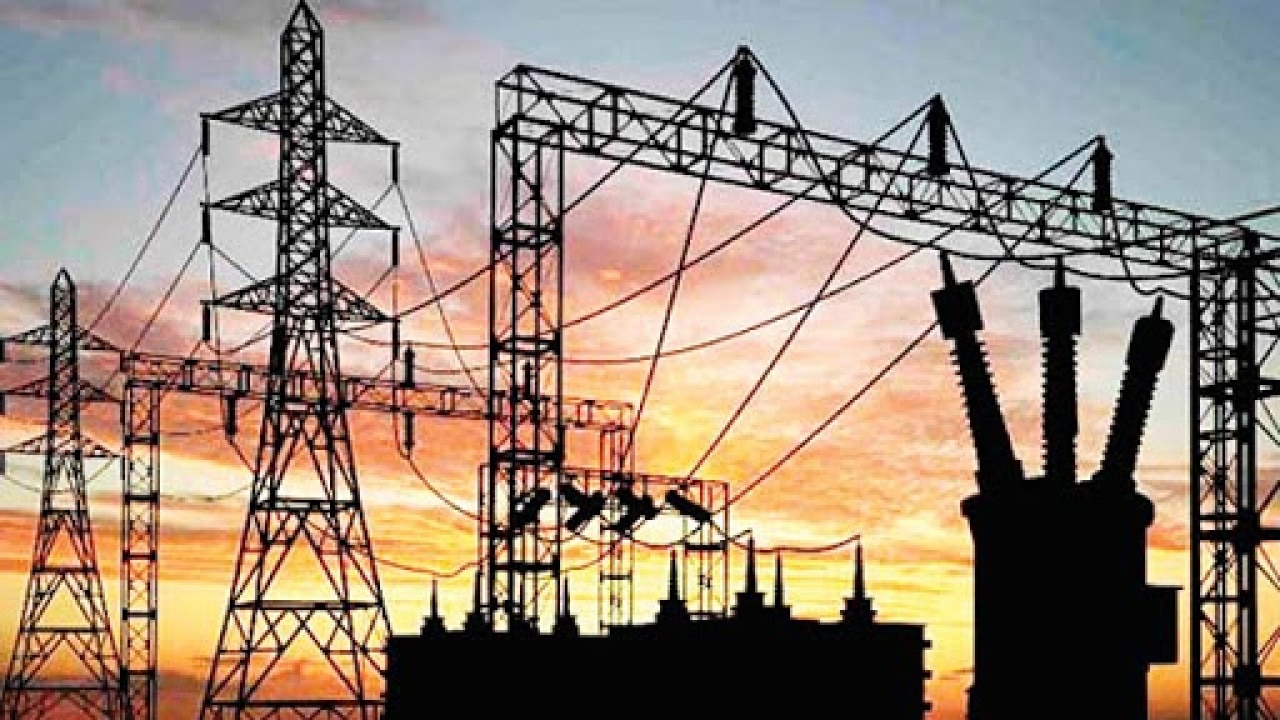
Undeniably, Union Power Minister Piyush Goyal has scripted a turnaround of the Indian power sector from the times of the UPA government. Thermal power stations are now adequately coal-stocked, UDAY is ushering in fiscal discipline in discoms and in the states, while renewable power capacity has been growing by leaps and bounds. However, this reform story runs the risk of derailing.
A new policy will soon be instituted in the power transmission sector as per which foreign firms from countries that bar Indian investment in power projects in their countries will not be allowed to invest in India. Basically this means: No reciprocity, no investment. Tough talk, but here’s a reality check. The power transmission sector is impoverished for want of private investments. As things stand currently, MNCs are already apprehensive of investing in the domestic power sector given the history of red-tapism and snail-like pace of project approvals. Aggressive power-generation capacities will mean little with a crippled transmission infrastructure.
Lack of cheap and abundant electricity has already derailed reform agendas of several state governments in India. Therefore, the question is: Can we really afford this sort of aggressive posturing? Insulating the power-transmission domain from investments only deters foreign investors — and there are not many standing in the queue.
Chinese companies, which have been looking to leave an imprint on India’s power transmission sector, will be particularly hurt by this decision. China does not allow foreign investment in its power grid, but India has an avowed policy of 100 per cent FDI in the power sector (because India needs the money).
However, Indian officials have been discouraging Chinese investments on grounds of national security — that the power grid and other critical infrastructure can be disabled if any conflict arises with China. This is half-baked reasoning, at best. Even if the domestic power sector is completely ring-fenced from Chinese investments, the Indian power grid will still be vulnerable to cybersecurity attacks considering the poor level of safeguards in India.
Secondly, our concerns for national security seem to vanish into thin air when it comes to the telecom sector, which is wide open to foreign investments. Chinese investors and companies are already deeply embedded in the domestic telecom infrastructure — from the manufacturing of telecom towers to handsets to routers.
If ever China and India come to blows, experts opine that critical and sensitive infrastructure will be primarily disabled via the telecommunications grid, and not the power grid. India can defend against such eventualities by beefing up its security frameworks and not by putting its markets into silos. Pushing away foreign investments will send a wrong signal that will not find any empathy from the global business community.